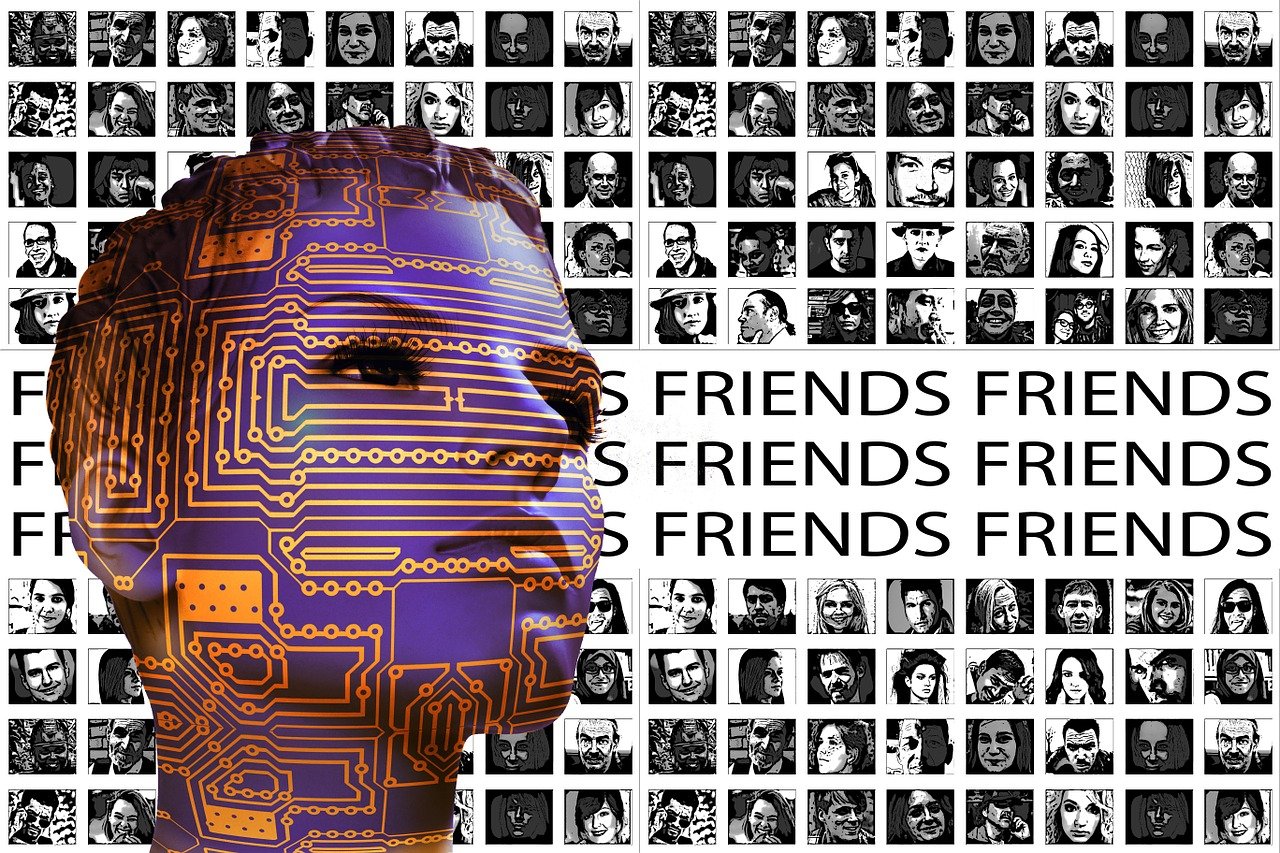
An In-depth Analysis of the Evolution of eSports and its Influence on the Gaming Industry
Over the past two decades, the world of eSports has undergone a remarkable transformation. What started as small gatherings of gaming enthusiasts has blossomed into a multi-billion-dollar industry, influencing not just gaming, but also sports, entertainment, and technology sectors. This post delves into the evolution of eSports, examining its growth, the technological advancements that have propelled it, and its profound impact on the gaming industry.
The Genesis of eSports
The roots of eSports can be traced back to the 1970s and 1980s, a period when arcade gaming began to gain popularity. Early tournaments like the 1980 Space Invaders Championship, which attracted over 10,000 participants, laid the groundwork for competitive gaming. However, it wasn’t until the late 1990s and early 2000s, with the advent of the internet, that eSports began to take shape as a structured competition.
Games like StarCraft and Counter-Strike became the vanguard of the eSports movement. The establishment of organizations such as Major League Gaming (MLG) further solidified competitive gaming’s credibility. These early tournaments were largely grassroots, driven by passionate communities and modest prize pools.
Technological Advancements and eSports Growth
The exponential growth of eSports is inextricably linked to advancements in technology. High-speed internet, improved graphics, and powerful gaming hardware have all contributed to the industry’s expansion. Platforms like Twitch and YouTube Gaming have been instrumental in providing a global stage for eSports events, allowing millions of fans worldwide to watch live competitions.

Moreover, the development of virtual reality (VR) and augmented reality (AR) technologies is poised to further revolutionize eSports, offering immersive experiences that were previously unimaginable. This technological evolution has made eSports accessible to a broader audience, transforming it into a mainstream entertainment option.
The Economic Impact of eSports
Today, eSports is not just a pastime but a lucrative industry. According to market reports, the global eSports market generated over $1 billion in revenues in 2021, a figure that continues to rise annually. This economic boom is fueled by sponsorships, media rights, ticket sales, and merchandise.
Companies ranging from endemic brands like gaming hardware manufacturers to non-endemic brands such as Coca-Cola and Mercedes-Benz are investing heavily in eSports sponsorships. This influx of capital has led to the professionalization of eSports, with players earning salaries on par with traditional athletes.
eSports and Traditional Sports: A Symbiotic Relationship
Interestingly, the rise of eSports has prompted traditional sports organizations to take notice. Many sports teams have launched their own eSports divisions, recognizing the potential to engage a new generation of fans. For instance, the NBA has established the NBA 2K League, a professional eSports league featuring teams backed by real NBA franchises.
This crossover has also led to discussions about whether eSports should be considered a legitimate sport. While debates continue, the International Olympic Committee’s consideration of eSports for future Olympic Games highlights its growing acceptance and legitimacy.

eSports’ Influence on Game Development
The influence of eSports extends beyond competition; it has significantly impacted game development. Developers are increasingly designing games with competitive play in mind, focusing on balance, replayability, and spectator engagement. Games like League of Legends and Dota 2 are prime examples, offering complex mechanics and ongoing updates to maintain competitive viability.
Furthermore, the feedback loop between players and developers has become more prominent. Game companies actively listen to the eSports community, incorporating player feedback to enhance game design. This collaborative approach not only improves the gaming experience but also fosters a sense of community and loyalty among players.
The Future of eSports
As eSports continues to evolve, its future appears promising. Emerging markets in Asia, particularly China and South Korea, are leading the charge, with governments and educational institutions recognizing eSports as a legitimate career path. Additionally, the integration of blockchain technology and non-fungible tokens (NFTs) into gaming is opening new avenues for monetization and fan engagement.
However, the industry must also address challenges such as player burnout, regulation, and diversity. Ensuring the mental and physical well-being of players is crucial as the pressure to perform increases. Moreover, fostering an inclusive environment that welcomes players of all genders and backgrounds will be vital for sustained growth.
Takeaways

The evolution of eSports from a niche hobby to a global phenomenon is a testament to the power of technology, community, and innovation. Its influence on the gaming industry is undeniable, driving advancements in game design, marketing, and media consumption. As the boundaries between digital and physical sports continue to blur, eSports is poised to become an integral part of the competitive landscape, captivating audiences and inspiring the next generation of gamers.
For more insights into the world of eSports, visit resources like the eSports Earnings database and the Newzoo market analysis platform, which provide in-depth data and trends in this ever-evolving industry.
eSports as a Cultural Phenomenon
Beyond the economic and technological aspects, eSports has emerged as a significant cultural phenomenon. It has created communities that transcend geographical boundaries, bringing together people from diverse backgrounds through a shared passion for gaming. Social media platforms play a vital role in this cultural exchange, allowing fans and players to interact directly, share content, and engage in discussions.
Events such as the annual The International for Dota 2 and the League of Legends World Championship have become cultural landmarks. These tournaments not only showcase the pinnacle of competitive gaming but also feature elaborate opening ceremonies, musical performances, and fan conventions, enhancing the cultural significance of eSports.
Moreover, eSports has influenced popular culture, with references appearing in movies, TV shows, and music. This cross-pollination between gaming and other entertainment sectors highlights the pervasive impact of eSports on modern culture.
The Role of Education in eSports

As eSports gains legitimacy, educational institutions are recognizing its potential as a valuable educational tool. Universities and colleges worldwide are offering eSports programs and scholarships, acknowledging the skills and career opportunities that the industry presents.
These programs aim to provide students with a comprehensive understanding of the eSports ecosystem, covering areas such as game design, event management, marketing, and broadcasting. By integrating eSports into curricula, educational institutions are preparing students for careers in a rapidly growing industry and fostering a new generation of professionals who will drive its future.
Additionally, high schools are beginning to incorporate eSports into their extracurricular activities, offering students a platform to develop teamwork, communication, and strategic thinking skills. This early exposure to competitive gaming can inspire students to pursue careers in technology, media, and other related fields.
Challenges Facing the eSports Industry
Despite its rapid growth, the eSports industry faces several challenges that need to be addressed to ensure its continued success. One significant issue is the lack of standardized regulations governing eSports competitions. Unlike traditional sports, where governing bodies enforce rules and regulations, eSports lacks a unified structure, leading to inconsistencies in tournament organization and player conduct.
Furthermore, the mental health of players is a growing concern. The intense pressure to perform, coupled with long hours of practice, can lead to burnout and mental health issues. Industry stakeholders must prioritize player well-being by implementing support systems and encouraging healthy work-life balance.

Diversity and inclusion also remain critical challenges. The industry needs to create a more inclusive environment that encourages participation from underrepresented groups, including women and minorities. Initiatives aimed at promoting diversity, such as mentorship programs and inclusive hiring practices, are essential for fostering a more equitable eSports landscape.
The Global Reach of eSports
The international appeal of eSports is one of its most remarkable aspects. Countries around the world have embraced competitive gaming, with each region contributing its unique flavor to the global eSports community. In Asia, South Korea and China are at the forefront, with extensive infrastructure and government support propelling their eSports industries to new heights.
In Europe, countries like Sweden and Germany are home to some of the world’s top eSports teams and events. Meanwhile, North America continues to be a major player, hosting prestigious tournaments and boasting a growing fan base.
This global reach has facilitated cultural exchange and understanding, breaking down barriers and fostering a sense of unity among gamers worldwide. As eSports continues to expand, it will further bridge cultural divides and bring people together through the power of gaming.
Final Thoughts
The evolution of eSports is a testament to the dynamic nature of the gaming industry and its capacity to adapt and innovate. As eSports continues to grow, it will undoubtedly shape the future of gaming, entertainment, and technology. By embracing its cultural significance, addressing challenges, and fostering an inclusive environment, the eSports industry can continue to thrive and inspire future generations of gamers and fans alike.
For those interested in exploring the intricacies of eSports further, resources such as the eSports Observer and the ESPN eSports section offer comprehensive coverage of the latest developments, insights, and trends in the world of competitive gaming.



